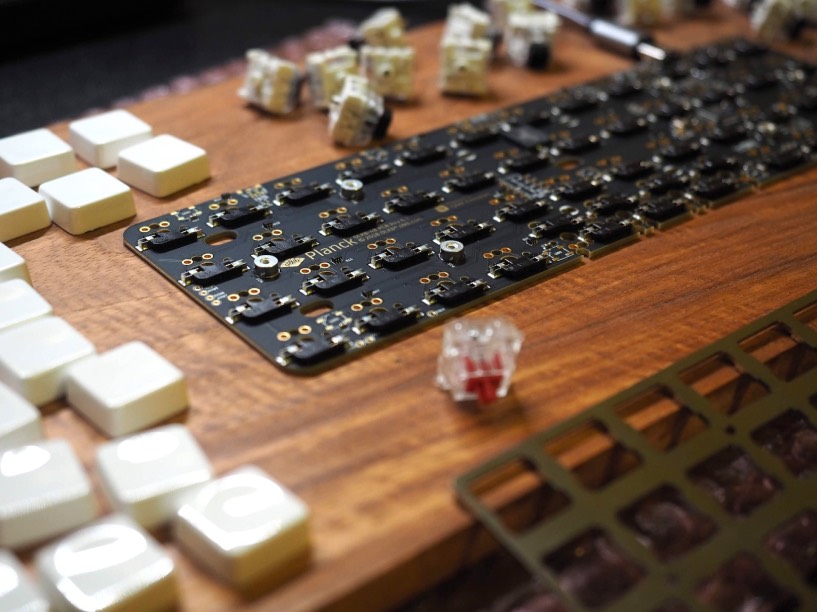
The integration of Artificial Intelligence (AI) and Machine Learning (ML) technologies has ushered in a new era of innovation and efficiency in various industries, and the realm of Printed Circuit Board (PCB) assembly is no exception. AI and ML applications are revolutionizing PCB assembly processes, enhancing quality, accuracy, and productivity.
AI-driven predictive maintenance systems monitor machinery and equipment used in PCB assembly lines. By analyzing historical data and patterns, these systems predict potential equipment failures, enabling proactive maintenance and minimizing production downtime.
AI and ML algorithms analyze vast datasets collected during PCB assembly processes. These insights drive optimized process control, identifying inefficiencies, predicting defects, and recommending adjustments for enhanced production efficiency and yield rates.
Machine learning algorithms, when integrated into inspection systems, excel at defect detection in PCB assembly. AI-powered visual inspection systems identify minute defects, such as soldering issues or component misalignment, ensuring higher-quality assemblies.
AI facilitates adaptive manufacturing by enabling robots and automated systems to learn and adapt in real-time. Machine learning algorithms optimize robotic operations, improving accuracy and speed in tasks like pick-and-place assembly, contributing to enhanced efficiency.
Machine learning models analyze various parameters influencing PCB assembly processes. These models identify optimal settings for soldering profiles, stencil designs, and material usage, contributing to improved yield rates and product quality.
AI-based analytics conduct root cause analysis by correlating data from various stages of assembly. These analyses identify the causes of defects or inefficiencies, facilitating continuous improvement initiatives for long-term quality enhancement.
AI-powered testing systems optimize testing processes by identifying critical areas for testing focus. Machine learning algorithms analyze historical data to refine testing protocols, ensuring more accurate and targeted inspections of PCB assemblies.
AI and ML systems enable real-time decision-making capabilities in PCB assembly. These systems adapt to changing conditions, making swift adjustments in production processes, ensuring adaptability in dynamic manufacturing environments.
The integration of AI and Machine Learning technologies in PCB assembly processes marks a significant leap forward in manufacturing efficiency, quality control, and innovation. From predictive maintenance to defect detection, these technologies empower manufacturers to achieve higher levels of accuracy, reliability, and productivity, driving the evolution of PCB assembly into a more efficient and adaptive realm.